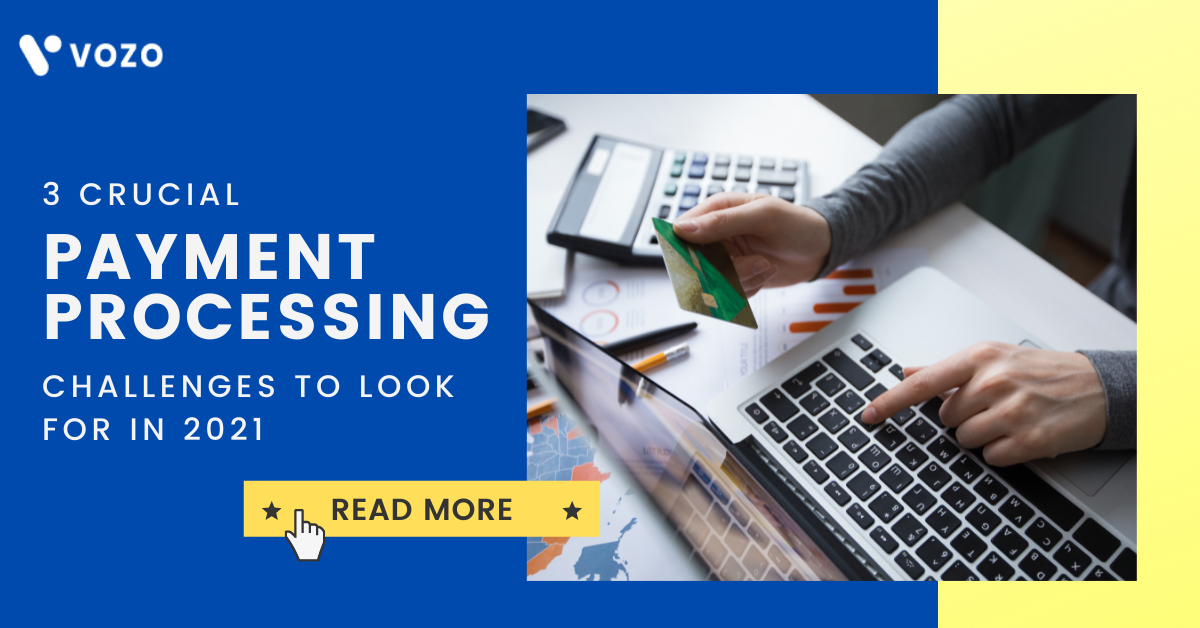3 Crucial Payment Processing Challenges To Look For In 2021
Payment processing is a complex challenge for all businesses, but for healthcare providers, processing patient payments can be especially difficult. In addition to navigating the nuances of connectivity, hardware, and contracts, among other issues, healthcare providers face several unique obstacles to payment processing.
1. Protecting Patient Data During Financial Transactions
The most important of these is protecting patient data through HIPAA compliance. As a healthcare provider you are almost certainly familiar with requirements and strategies to prevent breaches/exposure of Protected Health Information (PHI), but your payment processing partner(s) may not be up to date on the latest compliance measures. Because healthcare data breaches carry heavy penalties and have the potential to damage your reputation with patients, it’s critical to verify that all of the vendors supporting your payments infrastructure are both PCI and HIPAA compliant.
2. Patients Pay at Different Times and With Different Methods
Unlike in most retail transactions, patients are not necessarily required to make a payment at the time of service. In fact, due to the complicated insurance reimbursement environment, it takes many providers more than a month to collect payment from the patient in one form or another.
Coupled with the recent increase in high deductible health plans, this means patients must often wait for weeks for their statement of charges while the provider waits for the insurance company to pay its negotiated amount for the care the patient received.
In order to accommodate this challenge, many providers offer payment plans, financing options, credit card on file (CCOF), and early payment discounts. For these features to work, they must integrate with the payment processing solution as well as track and update the transaction data. Managing all of these components at the time of patient access can be difficult if each has to be managed separately.
Furthermore, providers often have to issue refunds or make billing adjustments due to issues with reimbursement, negotiations with patient advocates, or standard documentation errors. If a patient pays with a special Health Savings Account or Flexible Spending Account HSA/FSA card, a refund must be issued as a credit to that account and not simply a cash payment. HSA/FSA cards are special government-approved accounts that can only be used for eligible healthcare expenses. Without a healthcare-specific payment processing solution, your employees risk violating these regulations.
3. Posting Patient Transaction Data Back to Your EHR/PM Software
In the patient payment process, your EHR/PM software is where the clinical documentation of treatment converts to a list of charges to the patient for the treatment he or she received. While most EHR/PM software is capable of calculating what the patient owes, most do not have the capability to process the actual payment so the processing must be done using a separate solution.
RELATED: 5 Stunning Benefits Of EHR Integrated Practice Management
As a result, once the payment is collected and processed, the patient’s balance must be updated in their EHR/PM account. Providers who are not tracking and tagging each patient transaction may find it difficult or time-consuming to post each transaction back to the patient account.
So, if you are practice is searching for best medical billing solutions , Vozo will be the best choice for you. To learn more about a Vozo medical billing software reach us today.
About the author

With more than 4 years of experience in the dynamic healthcare technology landscape, Sid specializes in crafting compelling content on topics including EHR/EMR, patient portals, healthcare automation, remote patient monitoring, and health information exchange. His expertise lies in translating cutting-edge innovations and intricate topics into engaging narratives that resonate with diverse audiences.














